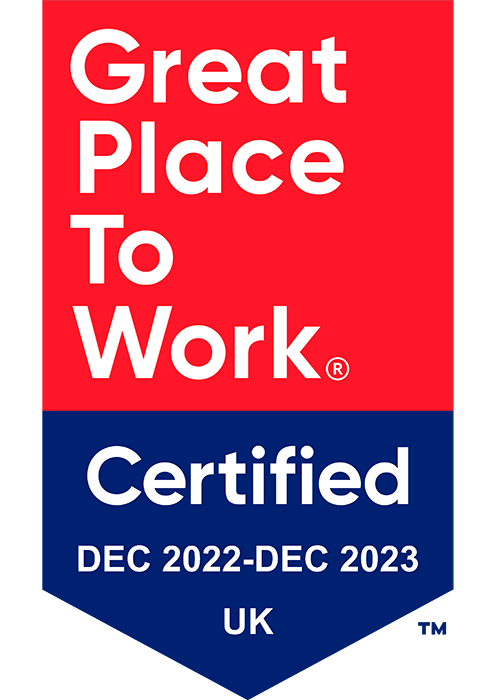World Population Day serves as a reminder to address the challenges faced by a growing workforce, including work-related stress. Chronic stress not only affects individual well-being but also impacts productivity and organizational success. In this article, we explore the significance of World Population Day in the context of work-related stress, delve into its causes and consequences, and discuss effective strategies to mitigate and manage stress in the workplace.
“Work related stress can have significant negative health impact on the body both physically and mentally. Changing little habits at work such as not eating lunch at your desk can make a big difference.” Caroline Drewe | Clinical Director.
The Impact of Work-Related Stress:
Work-related stress has become a significant concern in today’s fast-paced work environments. It can lead to burnout, reduced job satisfaction, increased absenteeism, and decreased productivity. Addressing work-related stress is crucial for promoting employee well-being and maintaining a healthy and engaged workforce.
Causes of Work-Related Stress:
- High workloads and tight deadlines: Heavy workloads and unrealistic deadlines can create pressure and stress.
- Lack of control: Feeling a lack of control over work processes and decision-making can contribute to stress levels.
- Poor work-life balance: Difficulty in balancing work and personal life can lead to chronic stress and overwhelm.
- Organizational culture and communication: Toxic work environments, ineffective communication, and lack of support systems can contribute to stress levels.
- Job insecurity: Fear of job loss or uncertainty about the future can significantly impact employees’ stress levels.
Consequences of Unmanaged Work-Related Stress:
- Physical health issues: Prolonged exposure to work-related stress can contribute to various physical health problems, such as cardiovascular diseases, weakened immune systems, and musculoskeletal disorders.
- Mental health challenges: Work-related stress is closely linked to mental health issues, including anxiety, depression, and burnout.
- Reduced productivity: High levels of stress can hinder concentration, decision-making, and overall productivity, leading to decreased performance.
- Strained relationships: Chronic stress can impact personal relationships and create conflict both within and outside of the workplace.
Strategies to Mitigate and Manage Work-Related Stress:
- Promote a supportive work culture: Foster an environment that values work-life balance, open communication, and mutual support among colleagues.
- Provide resources for stress management: Offer access to stress management programs, workshops, and resources to help employees develop effective coping mechanisms.
- Encourage breaks and time off: Encourage employees to take regular breaks, utilise vacation time, and disconnect from work to recharge and rejuvenate.
- Enhance workload management: Ensure workloads are manageable and realistic, and consider redistributing tasks when necessary. Prioritise and delegate responsibilities effectively.
- Foster a positive work environment: Recognize and appreciate employee efforts and achievements, celebrate successes, and provide opportunities for growth and career development.
- Support work-life balance initiatives: Offer flexible work arrangements, promote a healthy work-life integration, and provide resources for stress reduction activities like exercise, mindfulness, and relaxation techniques.
- Improve communication channels: Foster transparent and effective communication within the organisation, ensuring employees have access to the necessary information and resources to perform their tasks efficiently.
Conclusion:
On World Population Day, let’s acknowledge the impact of work-related stress and commit to addressing this pressing issue. By implementing strategies to mitigate stress, organisations can create healthier work environments that promote employee well-being, engagement, and productivity. Remember, a proactive approach to managing work-related stress not only benefits individuals but also contributes to a thriving and resilient workforce.


